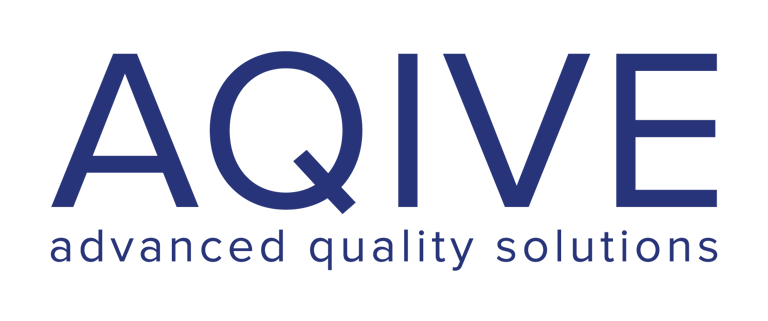Beyond the Gut
How Structured and Data-Driven Approaches Redefine Modern Management
Muhamed Sabanovic
11/11/20242 min read


Over the past century, management decision-making has shifted dramatically. What began as intuition-driven choices has transformed into a balanced blend of structured processes and data insights. Today’s leaders need more than just gut feelings to succeed—they need a strategy that pulls from the best of all approaches. In this article, we’ll break down how these decision-making styles evolved and why a balanced approach is the game-changer for modern businesses.
Experience-Based Decision-Making
A century ago, managers relied on personal experience and instinct—often called “gut feeling”—to make decisions. This approach was fast and, for experienced managers, effective, but it wasn’t always accurate. As businesses grew, so did the risks of relying solely on gut feeling. Harvard Business Review (HBR) captured this in "Don't Trust Your Gut," where Eric Bonabeau pointed out that gut-based decisions often lack the rigor of structured processes (Harvard Business Publishing).
Intuition as Expertise
Yet, intuition still has its place, especially for seasoned leaders. Gary Klein’s Recognition-Primed Decision (RPD) model shows how experts make fast decisions based on experience, recognizing patterns that others might miss. It’s more than just guessing—intuition is a skill built over years of facing similar scenarios. But even experts can be biased. Kahneman and Tversky’s research on cognitive biases revealed that intuitive decisions often lead to systematic errors, like judging probabilities wrong (Extensional versus intuitive reasoning: The conjunction fallacy in probability judgment - 1983).
Structured Decision-Making
With growth came the need for consistency. ISO standards, especially ISO 9001, shifted decision-making from personal experience to structured processes. The 2000 revision of ISO 9001 introduced the Plan-Do-Check-Act (PDCA) cycle, pushing companies to focus on management responsibility and continuous improvement.
ISO standards like ISO 14001 and ISO 26000 then broadened the focus to include environmental responsibility and ethics. Today, structured processes ensure consistency and quality, though critics say they can sometimes be too rigid, limiting adaptability and creativity.
Data-Driven Decision-Making
The rise of big data and AI has shifted the decision-making landscape once again. Businesses now use data for precision and prediction, making informed choices faster than ever. For example, companies like Google use data analytics to innovate and stay ahead.
However, data isn’t foolproof. Overreliance can lead to pitfalls, like poor data quality or losing sight of human judgment. "The Seven Pitfalls of Data-Driven Decision-Making" warns of the risks when data overrides insight (Marriott).
Bringing It All Together for Real Results
For today’s businesses, a one-size-fits-all approach doesn’t work. Relying on just gut, just structure, or just data can limit decision-making and even put your business at risk. A balanced approach — using data to inform, processes to guide, and experience to steer — is where real success lies.
Where AQIVE Comes In
At AQIVE, we know that each business is unique, and so is its path to decision-making success. We help small and medium-sized companies evaluate where they stand on each of these fronts—intuition, structure, and data. Our approach doesn’t just recommend best practices; we work hands-on with you to build a tailored framework that combines the strengths of structured processes, data insights, and experience-driven intuition. With this balanced approach, you’re not just managing—you’re leading with confidence.
AQIVE is here to help you create a balanced, resilient management approach that fuels growth and stability. Let’s talk about how we can support your journey toward smarter, well-rounded decision-making and long-term success.
#ManagementStrategy #BalancedDecisionMaking #IntuitionVsData #ISOStandards #DataDrivenLeadership #AQIVEConsulting #SMEGrowth #BusinessResilience
